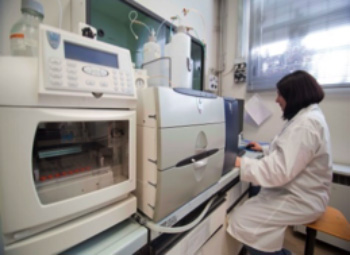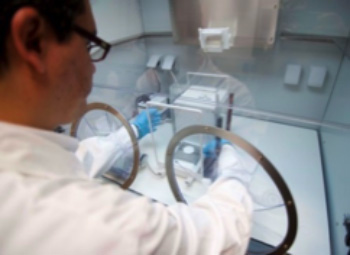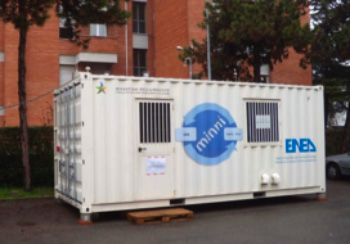Technologies
Particulate matter monitoring and analysis systems
For achieving the objectives:


Goals: 11. Sustainable cities and communities, 13. Climate action
Sector: Methodologies, Services
Description
In several developing countries air pollution is an ever critical issue. ENEA makes available systems for the chemico-physical analysis of particulate matter, based on sampling and lab analyses (off-line) and portable monitors (on-line). These systems also allow to identify emission sources, urban and rural, through multivariate statistical analysis (PMF) techniques; chemico-physical data so collected can also be used to assess the potential impact of particulate matter on human health through in-vitro biological models.
Benefits and advantages:
- Improved air quality by identification of emission sources;
- Population’s protection against particulate pollution;
- Reduced concentrations of air-dispersed particulate matter;
- Instructions for using eco-friendly domestic heating systems or transport means.
ENEA Service:
- Support for the definition of policies and guidelines to reduce particulate matter and emission sources;
- Technology transfer;
- Technical and scientific consulting and support;
- Professional training courses.
ENEA Activities:
ENEA participated in several national and European projects. It also provided technical and scientific consulting and support to set up a national network for air quality monitoring in Lebanon, in the framework of the activities stipulated in the 2013 Agreement with the Italian Ministry of Foreign Affairs and International Cooperation – Directorate General for Development Cooperation (MAECI-DGCS) aimed at providing technical and scientific support to the Lebanese Ministry of the Environment.




